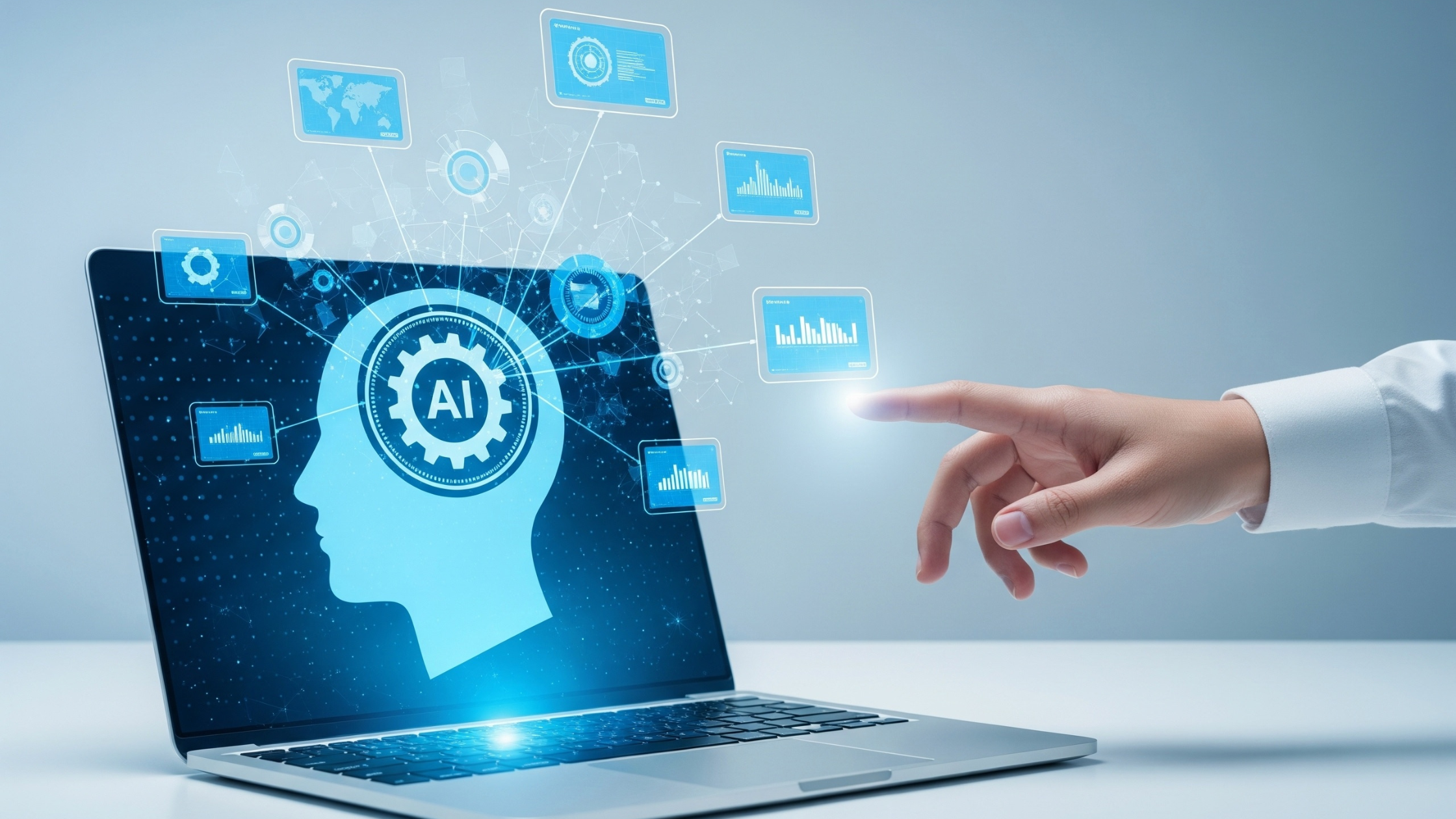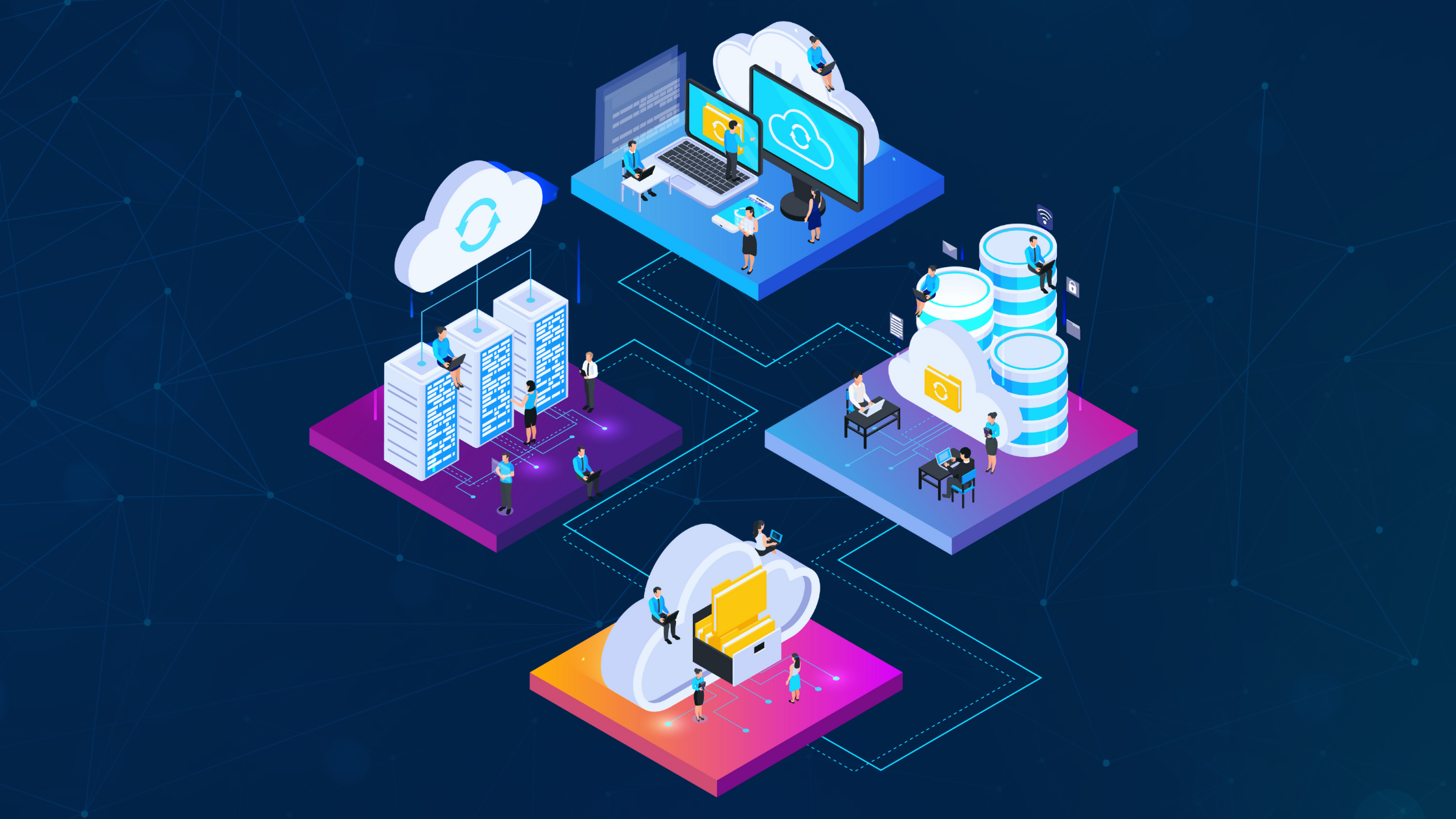Quality Assurance (QA) is a critical process in various industries, ensuring that products and services meet specified requirements and customer expectations. Traditionally, QA has been a labour-intensive and time-consuming process, often prone to human error. However, the advent of deep learning models is transforming the landscape of quality assurance, bringing unprecedented efficiency, accuracy, and scalability to the field. Let’s explore how these advanced AI technologies are revolutionizing QA practices across different sectors.
Understanding Deep Learning in QA
Deep learning, a subset of machine learning, uses artificial neural networks with multiple layers to analyze and learn from vast amounts of data. In the context of QA, deep learning models can be trained on historical quality data, images, sounds, and other relevant information to identify patterns, anomalies, and potential issues that might be missed by human inspectors or traditional automated systems.
Key Areas of Impact
1. Visual Inspection and Defect Detection
One of the most significant applications of deep learning in QA is in visual inspection. Industries such as manufacturing, electronics, and automotive are leveraging convolutional neural networks (CNNs) to detect defects in products with remarkable accuracy.
– Automated Visual Inspection: Deep learning models can analyze images or video feeds of products on assembly lines, identifying defects such as scratches, dents, or color inconsistencies in real-time.
– Microscopic Defect Detection: In industries like semiconductor manufacturing, deep learning models can detect nanoscale defects that are virtually impossible for human inspectors to identify consistently.
2. Predictive Maintenance
Deep learning is enhancing predictive maintenance efforts, a crucial aspect of quality assurance in many industries.
– Anomaly Detection: By analyzing sensor data from machinery, deep learning models can detect subtle anomalies that may indicate impending failures, allowing for preemptive maintenance.
– Lifespan Prediction: These models can predict the remaining useful life of components, optimizing maintenance schedules and reducing downtime.
3. Natural Language Processing in Customer Feedback Analysis
Deep learning models, particularly those utilizing natural language processing (NLP), are revolutionizing how companies analyze customer feedback for quality improvement.
– Sentiment Analysis: NLP models can analyze customer reviews, social media posts, and support tickets to gauge overall sentiment and identify specific areas of concern.
– Trend Identification: By processing large volumes of textual data, these models can identify emerging quality issues or recurring complaints that might require immediate attention.
4. Software Testing and Bug Detection
In the software development industry, deep learning is enhancing the efficiency and effectiveness of QA processes.
– Automated Test Generation: Deep learning models can generate test cases based on code analysis and historical bug data, increasing test coverage and efficiency.
– Intelligent Bug Triaging: By analyzing bug reports and code changes, these models can predict the severity of bugs and suggest the most appropriate developer to address them.
5. Process Optimization
Deep learning is also being applied to optimize entire QA processes, making them more efficient and effective.
– Resource Allocation: By analyzing historical data on QA processes, deep learning models can optimize the allocation of testing resources, focusing efforts where they’re most needed.
– Test Case Prioritization: Models can predict which test cases are most likely to uncover issues, allowing QA teams to prioritize their efforts effectively.
Benefits of Deep Learning in QA
1. Increased Accuracy
Deep learning models can often achieve higher accuracy rates than human inspectors, especially in tasks requiring consistent attention to detail over long periods.
2. Scalability
Once trained, deep learning models can process vast amounts of data quickly, allowing for 100% inspection in many cases, rather than relying on statistical sampling.
3. Consistency
Unlike human inspectors, who may be affected by fatigue or distractions, deep learning models maintain consistent performance over time.
4. Cost-Effectiveness
While the initial investment in deep learning infrastructure can be significant, the long-term cost savings in terms of reduced labor and improved quality can be substantial.
5. Continuous Improvement
Deep learning models can continuously learn and improve from new data, adapting to changing conditions and new types of defects or issues.
Challenges and Considerations
While the benefits of deep learning in QA are significant, there are challenges to consider:
1. Data Requirements
Deep learning models require large amounts of labeled data for training. In some QA applications, obtaining sufficient high-quality labeled data can be challenging.
2. Interpretability
The “black box” nature of deep learning models can make it difficult to understand how decisions are made, which can be problematic in regulated industries.
3. Edge Cases
While deep learning models excel at identifying patterns, they may struggle with rare or unprecedented defects or issues.
4. Integration with Existing Systems
Implementing deep learning solutions often requires significant changes to existing QA processes and infrastructure.
Future Trends
As deep learning technologies continue to evolve, we can expect to see several trends in QA:
1. Explainable AI
Advancements in explainable AI will make deep learning models more transparent, addressing concerns about interpretability in critical QA applications.
2. Transfer Learning
The ability to apply knowledge gained from one QA task to another will reduce the data requirements and training time for new applications.
3. Edge Computing
Deploying deep learning models on edge devices will enable real-time QA in resource-constrained environments.
4. Multimodal Learning
Combining data from multiple sources (visual, auditory, textual) will lead to more comprehensive and accurate QA systems.
Conclusion
Deep learning is undeniably revolutionizing quality assurance across various industries. By automating complex inspection tasks, predicting potential issues, and optimizing QA processes, these advanced AI models are enabling companies to achieve higher quality standards with greater efficiency and consistency.
As the technology continues to mature, we can expect deep learning to become an integral part of QA strategies in more industries. The key to success will lie in thoughtful implementation, addressing challenges such as data quality and model interpretability, and continuously adapting to new technological advancements.
For QA professionals and organizations, embracing deep learning technologies presents an opportunity to transform quality assurance from a necessary cost center into a strategic driver of product excellence and customer satisfaction. As we move forward, the synergy between human expertise and AI capabilities will likely define the future of quality assurance, creating more reliable, efficient, and innovative QA practices across all sectors.







